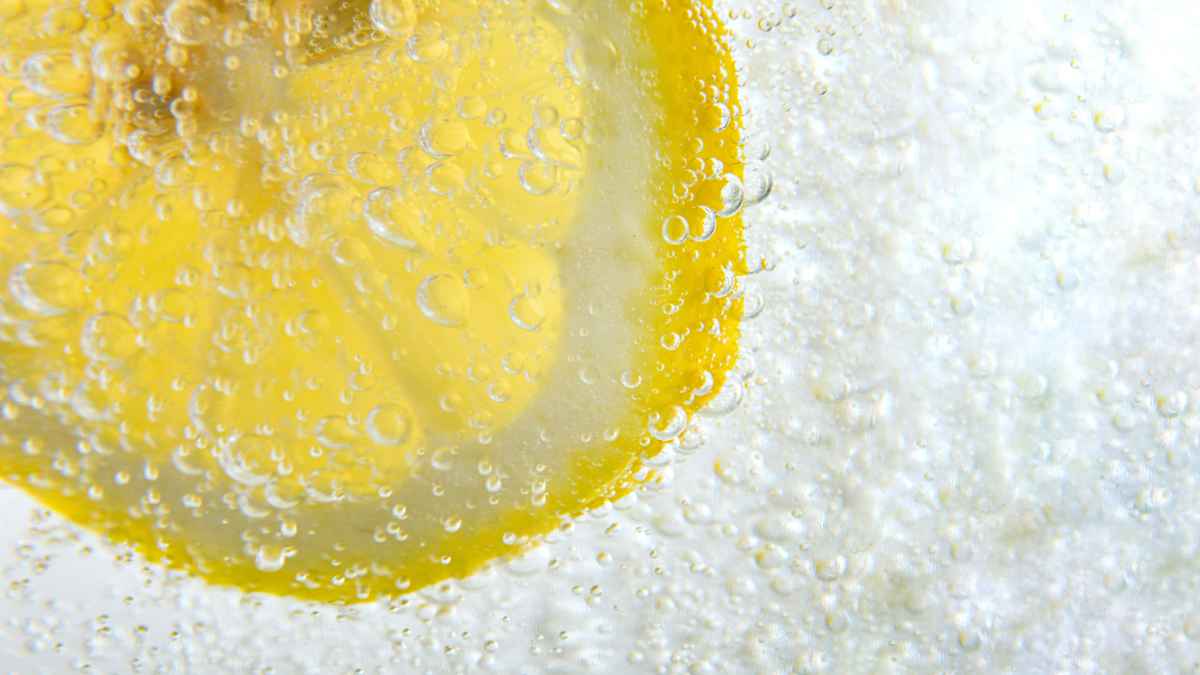Is Carbonated Water Bad for Teeth?

Carbonated water, with its bubbly texture and refreshing taste, has grown immensely in popularity across Australia. While it’s often considered a healthier alternative to sugar-laden sodas, there’s an underlying concern about its potential effects on dental health. So, is carbonated water a fizzy friend or a dental foe? Let’s dive in and separate the myths from the facts.
What is Carbonated Water?
Carbonated water, simply put, is water where carbon dioxide gas is dissolved under pressure. The result? Those characteristic bubbles or fizz. While plain sparkling water is the basic form, there are variations such as flavoured sparkling water and sodas. The key differentiator is the carbonation process, which gives the drink its effervescence.
The Australian Love for Carbonated Drinks
Australia’s affair with bubbly beverages isn’t new. With a steady rise in the demand for healthier drink alternatives, sparkling water has become the go-to choice for many Aussies, promising refreshment without the guilt of sugar.
The Science Behind Carbonated Water and Teeth
The primary concern surrounding carbonated water is its acidity. Anything with a pH below 7 is considered acidic, and carbonated water falls into this category. This acidity, while less than many soft drinks, can potentially lead to enamel erosion if consumed in large quantities over time.
Comparing Carbonated Water to Other Beverages
To put things in perspective, let’s look at acidity levels:
- Soft drinks: pH 2.5-3.5
- Orange juice: pH 3.5-4.5
- Carbonated water: pH 4-5
- Black coffee: pH 5-6
- Plain water: pH 7 (neutral)
As evident, while sparkling water is more acidic than plain water, it’s notably less acidic than many daily beverages like soft drinks and fruit juices.
Factors that Amplify the Risks
Not all carbonated waters are made equal. Flavoured versions often have added citric or other acids, increasing their acidity. Drinking them frequently or sipping them over extended periods can enhance the risk of dental erosion.
Tips for Enjoying Carbonated Water without Harming Your Teeth
- Moderation is key: Like most things, don’t overdo it.
- No swishing: Avoid swishing it around in your mouth.
- Plain over-flavoured: Opt for unflavoured varieties when possible.
- Use a straw: This can help minimise contact with teeth.
- Rinse with plain water: After drinking, a quick swish with plain water can help neutralise the acid.
- Delay brushing: Wait about 30 minutes after drinking before brushing to prevent further enamel wear.
The Bigger Picture: Overall Dental Hygiene
While carbonated water consumption is a point of discussion, it’s vital not to lose sight of the broader perspective—regular dental check-ups, good oral hygiene practices, and a balanced diet are crucial for maintaining optimal dental health in Australia.
Conclusion
Carbonated water, enjoyed responsibly, doesn’t have to be a dental concern. By understanding its properties and following dental recommendations, Aussies can continue enjoying their bubbly beverages without compromising their pearly whites.
